In recent months, many Nevada residents, including several in Churchill County, have happened upon injured or displaced wildlife, and have been unsure what to do. In their quandary, they have turned to social media for help.
As a result, The Nevada Department of Wildlife (NDW) has reacted and would like to send out information to the community. According to Jenni Jeffers, a wildlife biologist with NDW states, it's baby owl season. The Department would like to inform the public on what to when injured wild animals and birds are found. Wildlife would like to send out information to the community as Jenni Jeffers, wildlife biologist states it's baby owl season.
First and foremost, says the Department of Wildlife, “Please do not post images of injured and orphaned wildlife on Facebook”. Instead, contact the appropriate agency.
According to the NDW, it is illegal to possess wildlife without the proper permits. Also, without the proper care, wildlife will not be able to survive or be released back into to the wild. It is now owl, and soon raptor, followed by songbird, season. All raptor young and songbirds spend a couple of weeks on the ground before developing the ability to fly. During their time on the ground, they can be at risk from predators, which include domestic animals. Barn owls prefer haystacks to nest in, but during the spring and early summer, hay from those stacks will be fed to livestock, sold, or moved – leaving young barn owls without a safe nest. These young should be raised and released by a wildlife rehabilitator. The Department urges anyone who finds injured or displaced barn owls to contact the proper authorities.
Many other birds, including great horned owls, can be blown or even crowded out of their nests, and end up on the ground before they can care for themselves. Again, NDW stresses the importance of contacting the proper authorities when these types of birds are found. According to wildlife specialists, never attempt to pick up large raptors such as eagles. Instead, call the authorities.
Deer and other ungulates (hooved animals) leave their fawns alone for many hours at a time. Please don’t assume they are orphaned unless you see a dead doe nearby.
If you do come into contact with any injured and orphaned wildlife contact Dayton Valley Wildlife Restop. They are a state-licensed wildlife rehabilitator and take all species of wildlife. Let’s ensure that we as a community take proper steps to keep our wildlife safe and abundant.

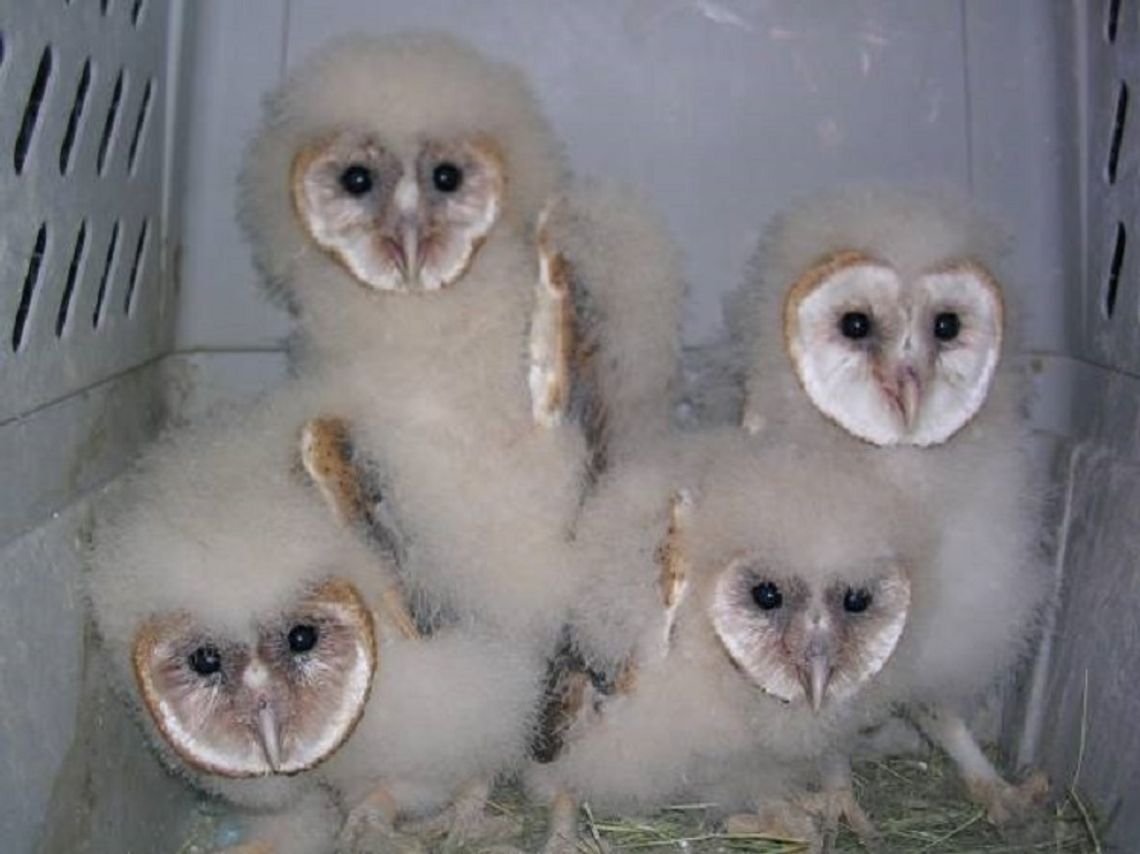
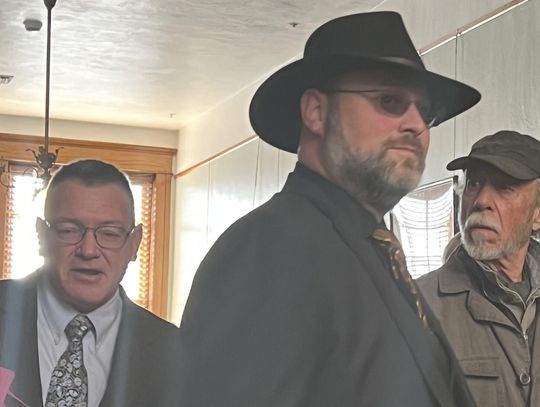

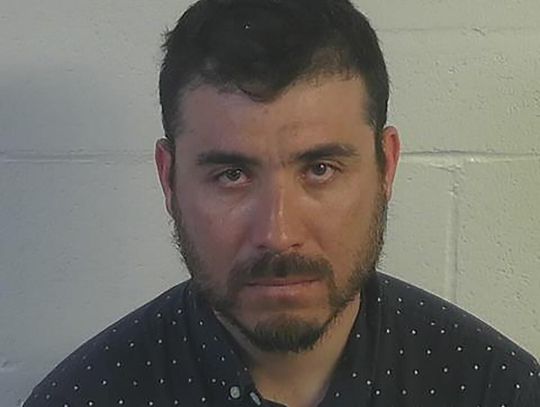
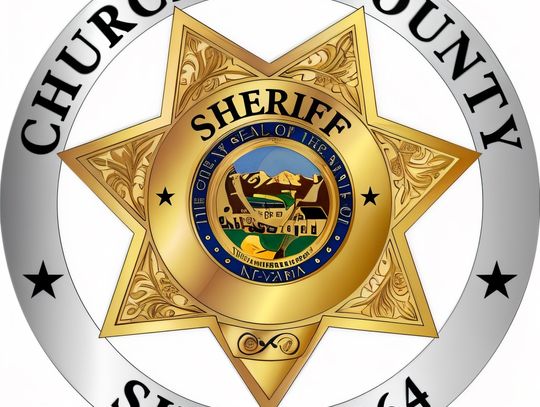
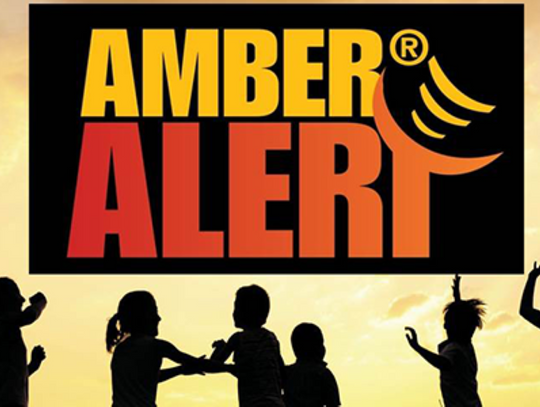


Comment
Comments